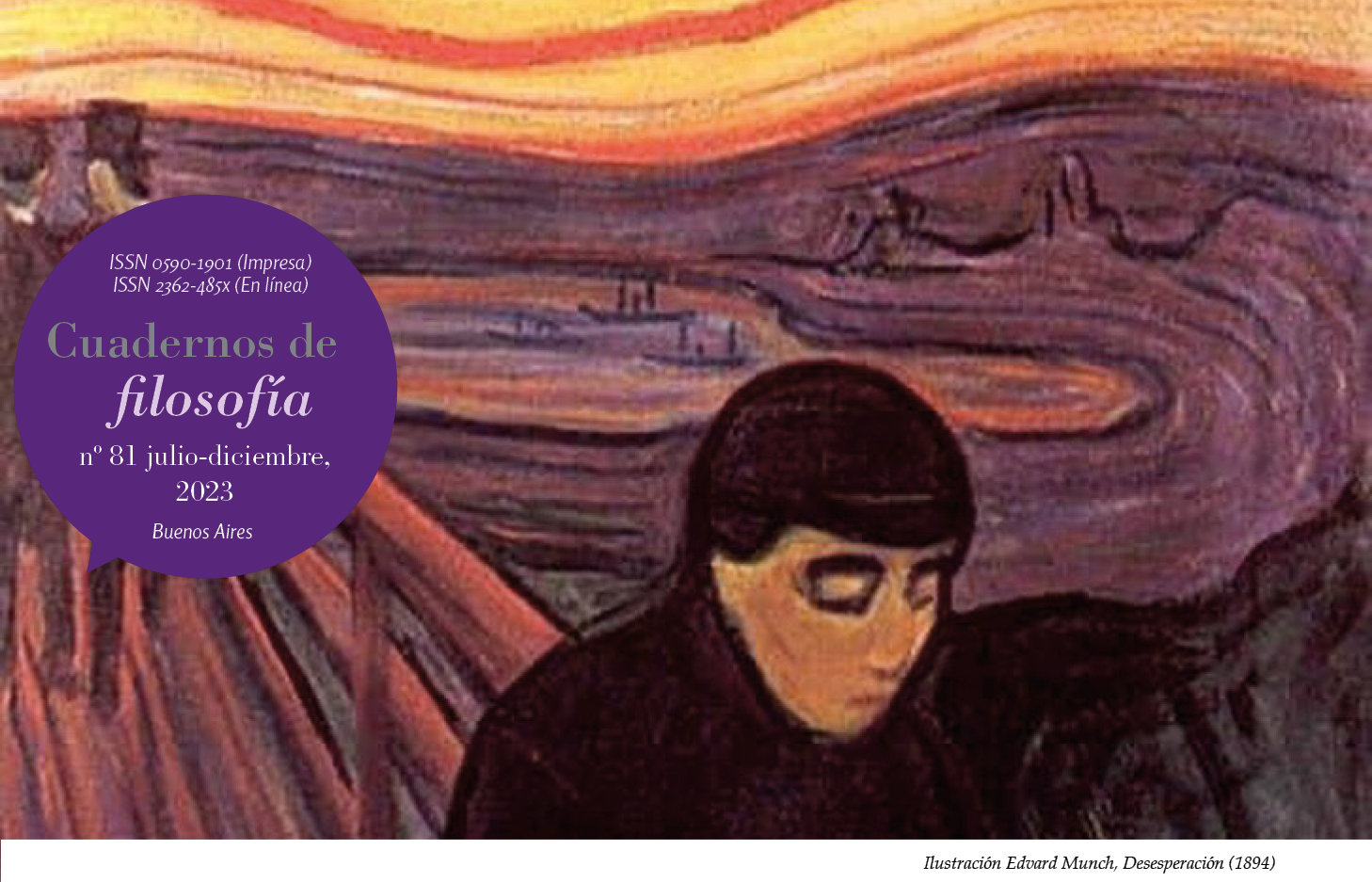Naturalism, Politics and Religion in Giordano Bruno
Abstract
Nolan’s restoration of authentic philosophy and the authentic image of the universe requires an “expulsion of the triumphant beast”, that is, a reform that purges the vices and harmful customs that, according to Bruno, caused the crisis that Europe was living in the 16th century. This is the main premise of the Spaccio de la Bestia Trionfante (1584). From this work, the nolana filosofia begins to turn from a metaphysical-ontological perspective towards an ethical-political perspective. In Bruno´s thought, religion is part of the law that constitutes the State; a fundamental instrument for promoting peace within civil society and a healthy relationship between men, Nature and God. For this reason, the Brunian reflection on the reform of morality and religion present in the Spaccio can be understood as his political philosophy. Thus proposed, the political philosophy of Nolano will have as its main objective the reunification of divine law, natural law and civil law and the recovery of the true usefulness of religion as instrumentum regni, that is, as a political-pedagogical tool to guarantee good coexistence in society and virtue in men. We propose, then, that in the passage from an ontological reflection to the civil-political perspective, the concepts of vicissitudine, coincidentia oppositorum and vinculum amoris are fundamental.Downloads
Los autores/as que publiquen en esta revista aceptan las siguientes condiciones:
Los/as autores/as [traductores/as] conservan los derechos de autor/a y ceden a la revista el derecho de la primera publicación, con el trabajo registrado con Licencia Creative Commons Atribución-NoComercial-CompartirIgual 4.0 Internacional, que permite a terceros utilizar lo publicado siempre que mencionen la autoría del trabajo y a la primera publicación en esta revista.
Los/as autores/as pueden realizar otros acuerdos contractuales independientes y adicionales para la distribución no exclusiva de la versión del artículo publicado en esta revista (p. ej., incluirlo en un repositorio institucional o publicarlo en un libro) siempre que indiquen claramente que el trabajo se publicó por primera vez en esta revista.
Se permite y recomienda a los/as autores/as a publicar su trabajo en Internet (por ejemplo en páginas institucionales o personales).
Políticas de detección de plagio
La colaboración de los y las editores/as, autores/as y evaluadores/as de esta revista y la guía de ética de los procesos editoriales se rige por los Principios de transparencia y buena práctica en publicaciones académicas del Committee on Publication Ethics (COPE) disponible aquí.
Todos los artículos enviados a esta publicación serán supervisados mediante una búsqueda online.







